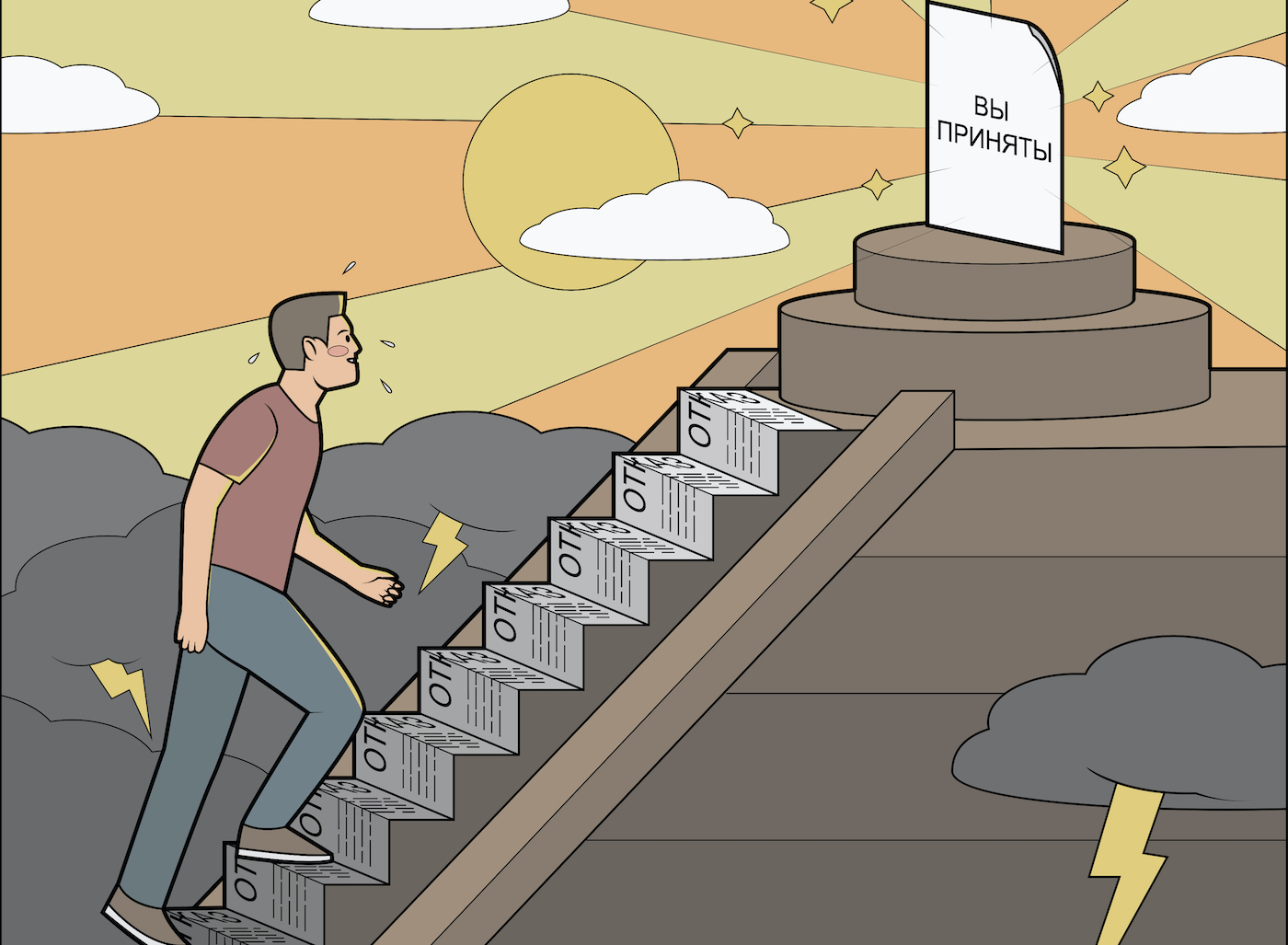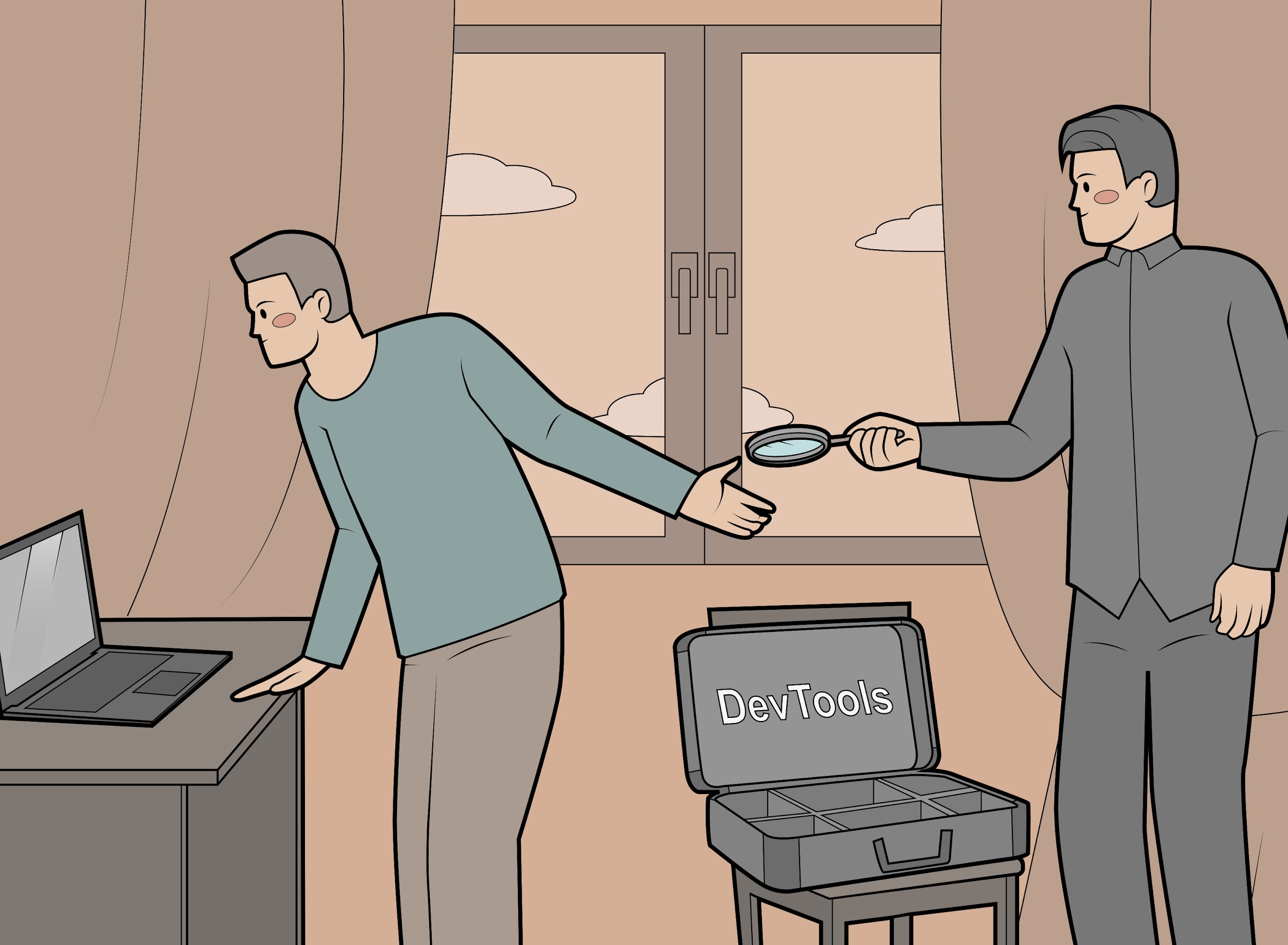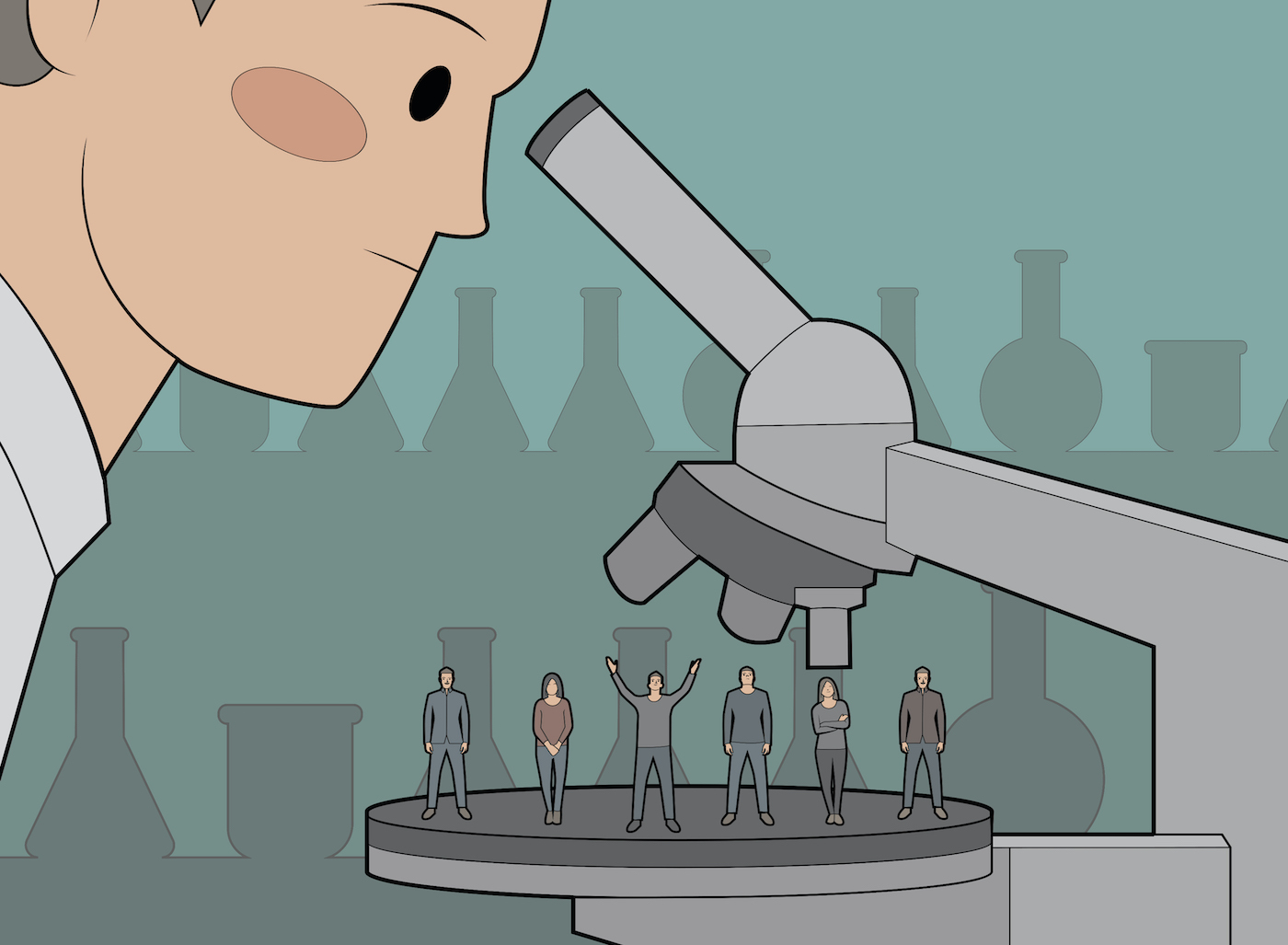
And here we often face mutual concerns. In some companies there is a common stereotype that testing is the easiest way to IT and newbie testers just want to get into the industry. Even in companies, they sometimes think that an online course passed by a person is a couple of books and a webinar, that is, there is not enough knowledge for a junior. Some people doubt their intentions if a person suddenly decided to change his old specialty and went to work as testers.
Graduates also have fears. Some of them are sure that companies need only experienced specialists, and yesterday's graduate of the courses cannot really count on anything. Some are afraid of rejection or that they will be asked to do a test during the interview and then rejected.
In reality, many of our students did not come to testing by chance - it was a conscious choice and a desire to solve specific problems, and not just "enter IT". Our graduates are already working in a number of companies, and employers understand that a person after the courses can and should be hired: juniors come prepared, and on the employment program they are actively working with their fears.
My name is Nina Utkina, I am an employment expert at the QA faculty. In this post, we will discuss how an online course graduate prepares his resume and what awaits him in an interview. Kirill Markidonov, Head of QA at Exante, senior reviewer at the “Testing Engineer” faculty will help me with this .
I have no experience in testing, what should I write on my resume? What will be asked at the interview? What should I answer?Almost any QA graduate asks himself these and other similar questions. And it is to them that I will try to answer from the point of view of my own experience and practice.
At Exante, we are constantly looking for testers for our team, including beginners, from whom we can grow strong specialists. I have been on both sides of the interviews: I went to them myself when I was June, and now I conduct interviews with novice testers.
Let's start with the key points that HRs and executives looking for a tester on their team pay attention to.
Your resume after the testing course
There is a well-established resume structure:
- contacts;
- career objective;
- experience (educational and pet projects, if you are June, if you have experience - real);
- skills, knowledge of specific tester tools and other benefits;
- section "About me".
When you fill out the contacts and describe the desired position, you will come to the most interesting thing - experience.
Write about educational projects. Even if it is a couple of weeks of testing a real application, this is also an experience worth noting. So the employer will understand that you do not just know how to test, but have already done it yourself. Attach a portfolio in any form: examples of test cases, bug reports, test analysis and artifacts - this will definitely be useful.
Let's say you have no experience in testing, but you have experience around IT. Be sure to include this on your resume. In your previous job, you could be a manager, a clerk, an accountant or a cashier who had extensive experience working with specialized software and informed the developers about problems with software or hardware found. Reported bugs in any form? Okay, write that down as well. It is important to note such things, because as a waiter you could work with R-Keeper, which means that you will be interesting for companies that create software for R-Keeper. It's the same with accountants and accounting software development, chefs and startups creating a handy recipe book. I think the analogy is clear.
The main thing is not to go overboard and not begin to describe in too much detail the experience outside of IT, you are still going to the position of a tester, so the resume should be drawn up for it.
Describe important skills and competitive advantages. If you are thoughtful and purposeful - write this too. Just reveal these qualities with a couple of phrases, for example: “I set a goal in the course to find all the bugs in the application - I found everything known to the mentor (50 pieces)”, or “I participated in a conference on floristry, I have experience in public speaking”.
Talking about skills, mention what testing tools you own. Some of the possible ones are: Fiddler, Charles, Miro, FreeMind, TestRail, Qase, TestLink, Redmine, Yandex.Tracker, Jira, AllPairs, Postman, Advanced REST Client, Swagger.
Do not write that you are a confident user of MS Word or Excel: a confident user is one who runs complex macros with hot keys once or twice and uses formulas with a bang. Today, the ability to work in MS Office is not a unique skill. Refrain from the phrase "I am teaching and stress-resistant" - once you have taken the course, you are definitely learning.
In the About Me section, briefly describe your strengths. For instance:
- I carefully check the smallest details;
- I do an excellent job with several tasks at once;
- I can find a common language with any person;
- I like to write clear, structured documents;
- I want to make the world a better place, so I'm testing various custom solutions to make them more useful.

Write your favorite books on testing and IT, and most importantly, add what each of them hooked you with, what was the main idea you took from there. If you don't have any favorite books yet, I recommend reading these:
- "A Practitioner's Guide to Software Test Design" Lee Copeland,
- "Key Testing Processes" by Rex Black,
- A Mental Hospital in the Hands of Patients by Alan Cooper.
If the only book you've read is Testing dot com by Roman Savin, write this too - although it is pop, it is still relevant for beginners.
It's the same with telegram channels, podcasts, YouTube videos, or webinars. If you watch and read constantly, write it down. This will show your horizons and thirst for learning - perhaps the main skill for a junior tester.
If the recruiter likes your resume, they will call you for an interview.
Interview of a novice tester

The most important part of an interview is the pre-interview phase. Prepare well and repeat what you learned.
Find out as much as possible about the company. If the company's product is in the public domain, be sure to research it. And if you can test it as well, it's great, you will have something to talk about in detail in a technical interview.
Since you are interviewing for the position of a novice tester, be prepared that there will be a lot of questions on theory , because everyone understands that you still have little practice.
The interview questions in different companies are similar, try to prepare for them. Here are some examples of the most common:
- what types / levels of testing are;
- ;
- ;
- ;
- , ;
- / ;
- /;
- , ;
- -.
You may also be asked about your understanding of the software development process and the place of a tester in it.
In addition to questions on theory, during an interview, you may be asked to solve situational or logical problems.
The excellent book "How to Move Mount Fuji" will help you prepare for logical problems . How many piano tuners are needed in Moscow, how many tennis balls are needed to fill KamAZ, why the sewer hatches are round (yes, yes), a problem about two trains and a fly, about two poles and a rope, about a house and a bear, about carriages and light bulbs, and a lot others. Problems like this test how you reason.
Situational tasks.For example, how do I test my login form? When you're testing a form and the submit button isn't working, what will you do? You were simultaneously approached by two managers, each of whom has a task that needs to be done right now - what will you do? The programmer's code works, but you don't - what do you say to him? At two o'clock in the morning, you suddenly notice a blocker in production - your actions?
Spoiler alert: Only experience will help you prepare for real answers to such questions. Until you have it, you can only put yourself in the place of the hero of this imaginary situation. This will again show you exactly how you think.
Test tasks.You may be asked to do a test task at an interview, or they may give it home. Sometimes they ask to “test a pen, kettle, pencil”. Google these tasks in advance. Most importantly, think out loud so that the interviewer understands how you think and how you come to a decision. If you were not told directly that you cannot use search engines in the decision process, then you can. This is what they can expect from you.
If you were asked a difficult question to which you do not know the answer, in no case be silent. Better to say, "I don't know, but maybe ..." and start thinking. It is more important for the interviewer to hear your reasoning than a specific answer to a difficult question.
About "They just want me to solve the problem for free . " The employer has someone to solve the problems of the junior level, and if you see such a problem, it has already been solved in the company and a solution has been obtained that suits everyone. Therefore, they are waiting for your decision to see how you think, and also to compare how similar it will be to an internal solution. And remember that each such mission is an additional contribution to your combat testing experience.
Soft skills.An interview is primarily communication, do not forget about it. Interviewers will be evaluating how you fit into a particular team, so try to act naturally. You may be asked about the ideal team, a picture of your typical work day, suggesting a "developer refuses to fix a bug" situation, and asking you to tell us what you will do. There may also be questions about the manager and preferred working conditions.
There are no right or wrong answers to all this, but there is an "ideal" formula: speak honestly, confidently and kindly. So before the meeting, think about the conditions and in what team you would like to work, what would be uncomfortable for you, how you will solve difficult situations.
Why did you decide to become a tester?“Because they pay a lot of money”, “Because this is IT”, “And I'm generally going to become a programmer” - you shouldn't answer that way. Even if you really think so, reformulate. There is no correct answer to this question, one of the options may be: “Because I like the process of software research, it’s like a detective investigation in search of a criminal who carefully covers his tracks”, or “Because I have been playing computer games all my life and I constantly participate in beta tests, I always manage to find a bunch of bugs, I want to make every game better. "
Your questions.They are important to the company because they say a lot about you. Ask about the company, clarify something about the product, ask about the team. Clarify your place in the project and the company's expectations from you. Good question: "How is your approximate day as a tester?" Ask about the work schedule, remote opportunities and similar organizational issues.
Feedback. Ask her a couple of days after the interview. There are times when June gets into the company of her dreams the first time. But this is not the most common story. Be prepared for more than one interview. More than two, most likely. And that's okay.
The main thing is not to take the refusal personally. Companies are looking for exactly those who will suit them according to their conditions and needs, and it is not your fault that you do not suit their needs. So don't give up and keep looking.
For employers: don't be afraid to hire Juns
We have hundreds of successfully employed graduates at the QA faculty. Our funnel is often less than market standards: many companies themselves come to us for students when a vacancy is opened, sometimes competing for students. There are companies where more than five of our graduates work, and they continue to hire our guys.
Don't be afraid to hire Juns. People who have learned from test lead mentors will be able to give you more than you think. They have recently gone through the school of educational projects, they are well aware of theory and popular practices. Yes, Juns have little experience, but it quickly accumulates in the process.
Illustrations: Anton Gudim